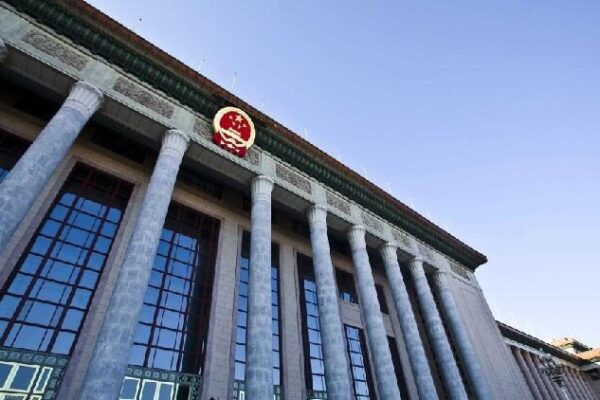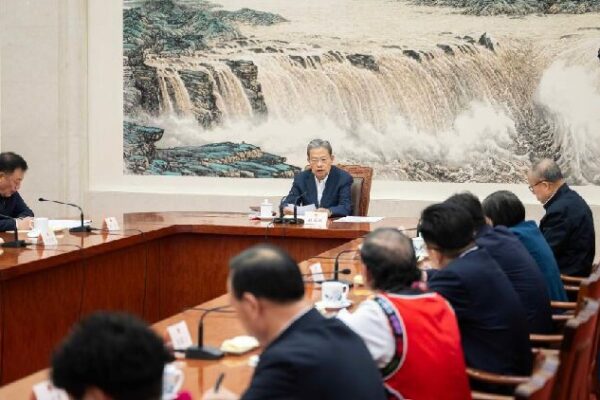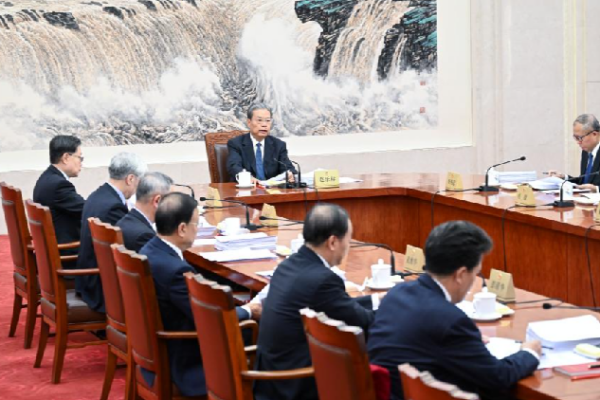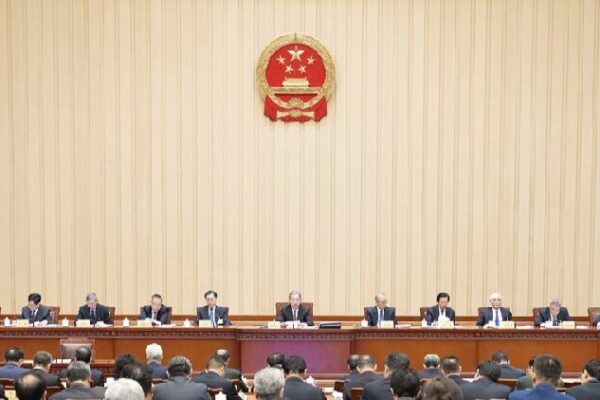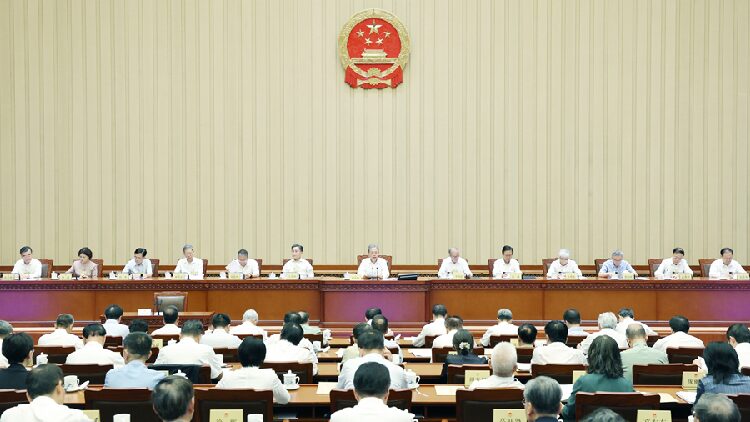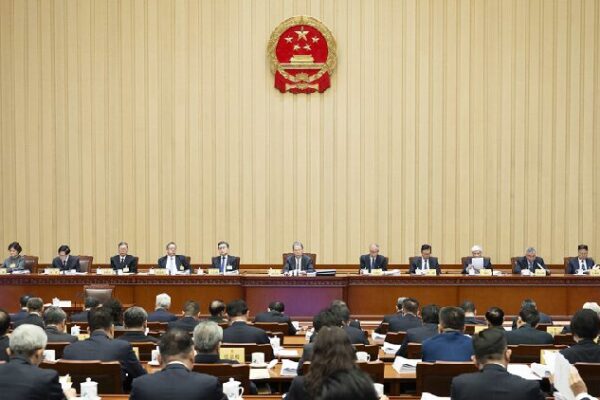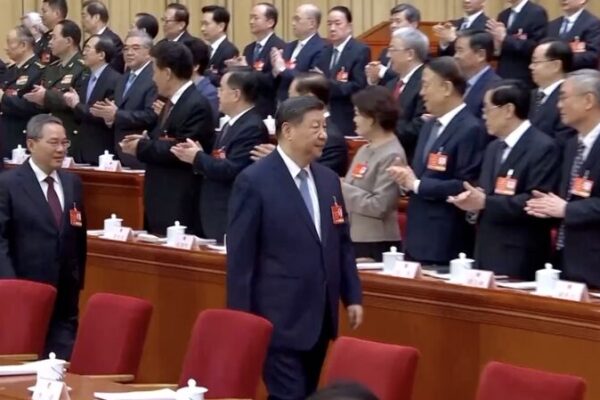China’s national lawmakers have embarked on a significant legislative journey, setting the stage for new laws that will shape the country’s future in environmental protection, cybersecurity, and emerging technologies like artificial intelligence.
At the third session of the 14th National People’s Congress (NPC), Zhao Leji, chairman of the NPC Standing Committee, delivered a comprehensive work report. The meeting, attended by President Xi Jinping and other leaders, highlighted the NPC’s commitment to supporting China’s reform and development through high-quality legislation.
Over the past year, the NPC Standing Committee has enhanced its efforts to strengthen law-based governance. Looking ahead to 2025, China plans to continue compiling an environmental code and draft a national parks law. The Foreign Trade Law and Cybersecurity Law are also set for revision, aiming to modernize the national security system and improve public security governance.
The report emphasized the importance of intensifying research on legislation in emerging fields such as artificial intelligence, the digital economy, and big data. This move underscores China’s dedication to staying at the forefront of technological advancements.
This year, the NPC Standing Committee will focus on strengthening the legal framework for the socialist market economy. Plans include formulating laws to promote the private sector, national development planning, finance, financial stability, and farmland protection and quality improvement.
Several existing laws, including the Unfair Competition Law, Enterprise Bankruptcy Law, Agriculture Law, Fisheries Law, Civil Aviation Law, and Banking Regulation Law, are slated for revision to reflect the evolving economic landscape.
In addition, the Standing Committee will hear a special report on climate change action and review reports on critical issues such as fostering new productive forces, integrating the cultural and tourism sectors, and protecting the rights and interests of workers in flexible and new forms of employment.
The top legislature also began deliberating on a work report from the Supreme People’s Court, delivered by SPC President Zhang Jun at the plenary meeting.
Reference(s):
Chinese lawmakers deliberate on work report of NPC Standing Committee
cgtn.com

